How Weather Conditions Affect Road Surfacing Lifespan
Weather plays a crucial role in how long a road surface lasts. In the UK, where we face everything from heavy rainfall and freezing winters to long summer heatwaves, the effects of climate are often underestimated. For local councils, private estates, and commercial property owners, poor planning for weather-related wear can lead to premature failures, potholes, and costly resurfacing.
Understanding how weather conditions affect road surfacing is the first step towards extending lifespan, reducing costs, and ensuring safe journeys year-round.
The Impact of Rain and Moisture
Water Infiltration
Rain is one of the most damaging natural forces for road surfaces. When water seeps into even the smallest cracks, it weakens the base layers underneath. Over time, this undermines the structural integrity of the road.
Flooding and Drainage Issues
Heavy downpours and flooding events place enormous pressure on drainage systems. Poor drainage design means water sits on the surface, accelerating deterioration and increasing the likelihood of hydroplaning accidents.
Prevention tip: Properly installed drainage channels, regular surface inspections, and resurfacing with high-quality tarmac or resin-bound systems help roads withstand wet weather.
The Freeze-Thaw Cycle
Why Frost Destroys Roads
In colder months, water trapped in cracks freezes and expands, forcing the surface apart. When the ice melts, the road contracts again, leaving behind larger cracks. This repeated cycle is the root cause of potholes.
Long-Term Damage
Once potholes form, they collect more water, worsening the damage. Pothole repairs are expensive, disruptive, and often temporary if the underlying cause (freeze-thaw stress) isn’t addressed.
Prevention tip: Sealing cracks early, investing in surface dressing, and scheduling preventive maintenance before winter drastically reduces freeze-thaw damage.
The Effect of Heat and UV Rays
Softening of Asphalt
High summer temperatures soften asphalt, making it more vulnerable to rutting under heavy traffic. This is especially problematic on busy highways and access roads with heavy vehicles.
UV Degradation
Ultraviolet light gradually breaks down the binders in asphalt and resin, making them brittle. This brittleness leads to cracking and premature wear if left untreated.
Prevention tip: Using high-quality binders and UV-resistant materials during installation, along with scheduled maintenance, helps protect roads from heat and sun damage.
Seasonal Stresses in the UK
Unlike some countries with stable climates, the UK faces all extremes within a single year. A road might endure soaking rain in autumn, ice in winter, and blazing sun in summer — each condition adding its own layer of stress. The result is a faster rate of deterioration compared to roads in more consistent climates.
This makes proactive maintenance even more important in Britain.
How Preventive Maintenance Extends Lifespan
- Surface Dressing – Adds a protective layer to existing roads, sealing small cracks and preventing water penetration.
- Crack Sealing – Prevents minor cracks from expanding during freeze-thaw cycles.
- Resurfacing – A cost-effective way to restore strength before damage spreads too far.
- Resin-Bound Surfaces – Offer excellent drainage and resistance to UV, making them ideal for both commercial and residential areas.
With preventive care, roads that might otherwise fail in 10 years can last 25–30 years.
Economic and Safety Benefits
- Lower Costs: Preventive maintenance is far cheaper than full reconstruction. Spending a fraction upfront saves thousands in future repairs.
- Fewer Disruptions: Planned works are less disruptive than emergency pothole repairs or road closures.
- Improved Safety: Well-maintained roads reduce accidents caused by potholes, standing water, and poor traction.
Why Choose Total Surfacing
At Total Surfacing, we understand how weather impacts UK roads. With decades of experience, our team provides professional surfacing solutions designed to withstand the elements.
Whether it’s tarmac resurfacing, resin-bound driveways, pothole repairs, or commercial surfacing projects, we focus on delivering durable, weather-resistant results. Our expertise ensures clients save money in the long run while keeping roads safe and reliable.
Conclusion
The lifespan of any road surface depends not just on materials and workmanship, but also on how it’s managed against the forces of nature. Rain, frost, heat, and UV all play a part in weakening roads — but with smart planning and preventive maintenance, the damage can be minimised.
Investing in regular inspections and high-quality resurfacing today means safer, smoother roads tomorrow.
✅ Don’t let the weather shorten your road’s lifespan — protect your investment.
📞 Contact Total Surfacing to discuss cost-effective, weather-resistant surfacing solutions.

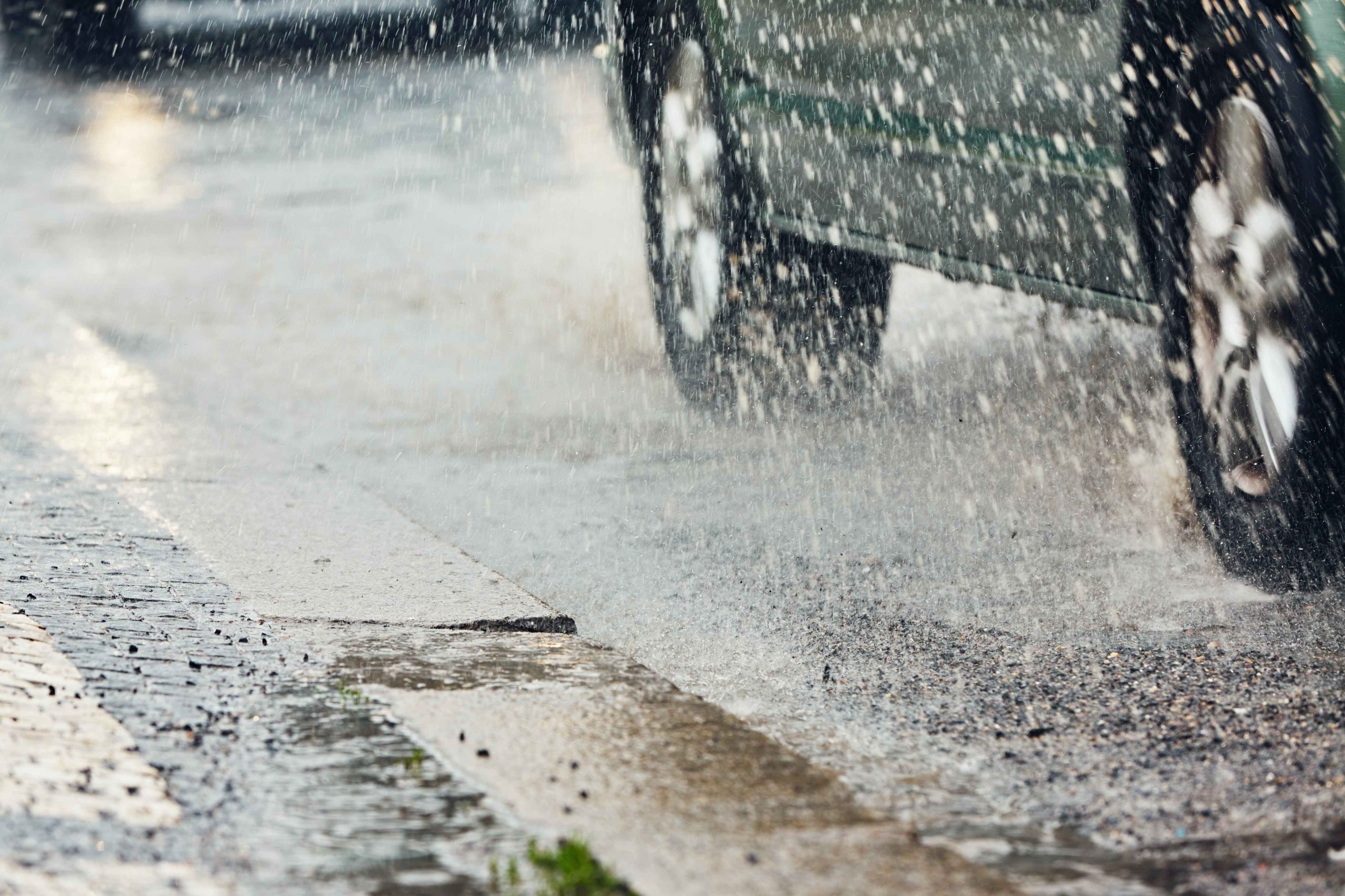
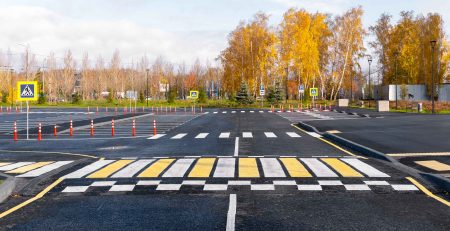


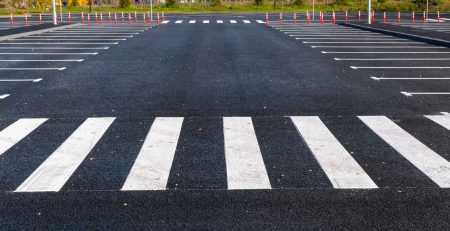
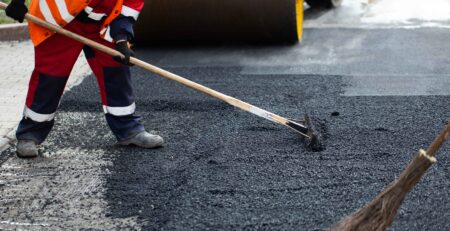
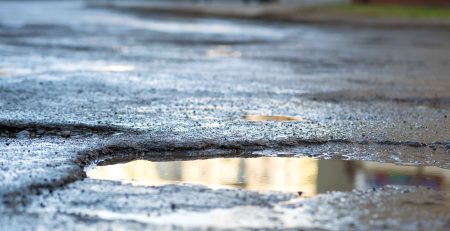

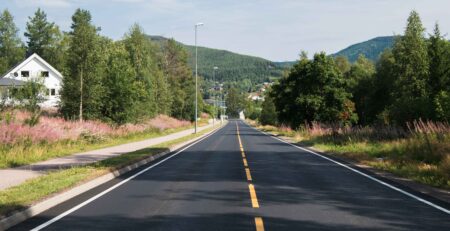
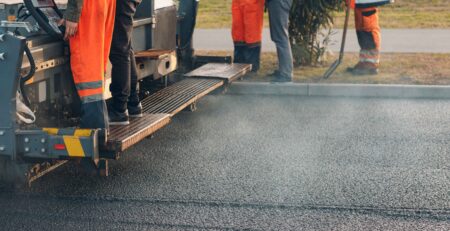
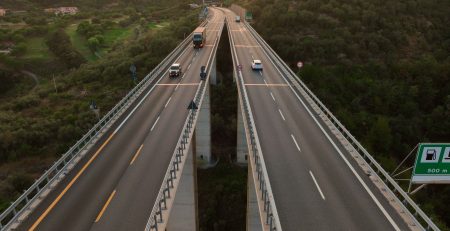
Leave a Reply